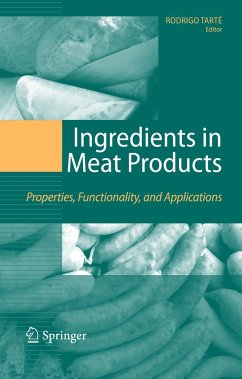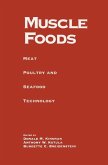There is little doubt that today's food industry is faced with a rapidly changing market landscape. The obvious need to continue to provide consumers with nutritious, delectable, safe, and affordable food products which are also profitable for food manufacturers, as well as the ongoing challenge of ensuring the delivery of adequate nutrition to hundreds of millions of disadvantaged people around the world, appears - at least as much as, if not more than, ever - to be at odds with the challenges posed by soaring energy and food commodity prices; fast-paced changes in consumer demographics, habits, and preferences; and the continual need to stay ahead of current and emerging food safety issues. In addition to this, the present ubiquity in the industry of terms such as functional foods, nutraceuticals, low sodium, low fat, clean label, minimal processing, and natural - to name a few - underscores yet a different dimension of the challenges faced by food processors today. On the other hand, however, the solutions of many of these challenges may, concurrently, present the food industry with unique and exciting opportunities. The processed meat industry, despite its long history and tradition, is certainly not exempt from having to face these modern challenges, nor excluded from realizing the promises of the opportunities that may lie ahead.
Bitte wählen Sie Ihr Anliegen aus.
Rechnungen
Retourenschein anfordern
Bestellstatus
Storno








